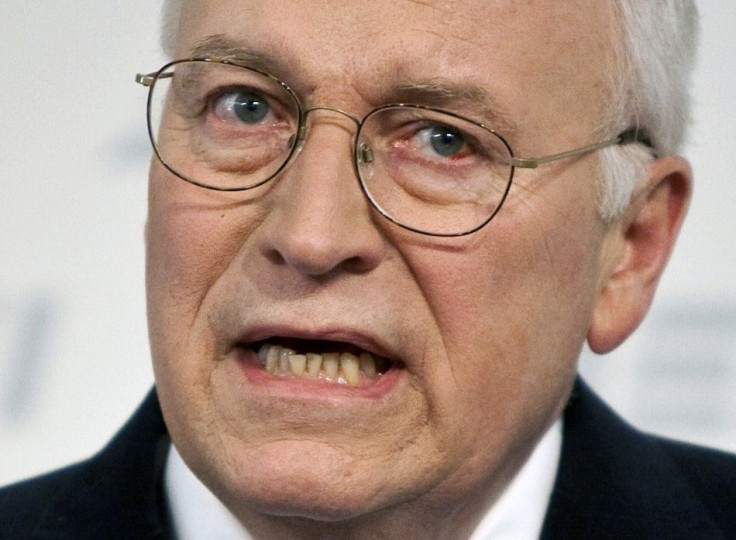Dick Cheney Heart Transplant: Did He Get Special Treatment?

Former U.S. Vice President Dick Cheney is recovering from a heart transplant he underwent on Saturday morning.
The 71-year-old politician received a heart from an anonymous donor and is now in the intensive-care unit of Inova Fairfax Hospital in Falls Church, Va., according to ABC News.
Cheney has spent many years battling heart disease, as he suffered the first of five heart attacks when he was 37. In 2010, he had a device inserted into his heart to help blood flow, but it was only a temporary measure as he waited for the transplant.
When the surgery made headlines on Saturday, many people speculated Cheney had received special treatment for his condition because of his high-profile status, but doctors told the Associated Press that this was highly unlikely.
Cheney spent 20 months waiting for his transplant, which ABC News chief medical editor Dr. Richard Besser says is above the average six-month waiting period.
It is not possible Cheney was given special treatment during this process, according to Dr. Allen Taylor, chief of cardiology at the MedStar Georgetown University Hospital in Washington, who told the AP that the heart-transplant waiting list is a very regimented and fair process, and heavily policed.
There is no age limit for heart transplants, according to the National Heart, Lung, and Blood Institute's website, but younger candidates are usually given priority. Some transplant centers don't even offer surgery to those above the age of 65.
It is thought that Cheney waited longer for his transplant because of a kidney dysfunction that could have developed at the same time he had the device inserted in his heart in 2010, according to Dr. Keith Aaronson, medical director of the heart failure program at the University of Michigan, who spoke to ABC News.
Following the transplant, Cheney will have to start taking anti-rejection drugs to help prevent his immune system from attacking his new heart. He will also have to undergo weekly heart biopsies.
Although the former vice president and his family do not know the identity of the donor, they will be forever grateful for this lifesaving gift, said a statement delivered by Cheney's aide, Kara Ahern, that was quoted by the New York Times. Cheney and his family also thanked doctors and staff at the hospital for their continued outstanding care, according to the statement.
Cheney was vice president for eight years under President George W. Bush.
© Copyright IBTimes 2025. All rights reserved.





















